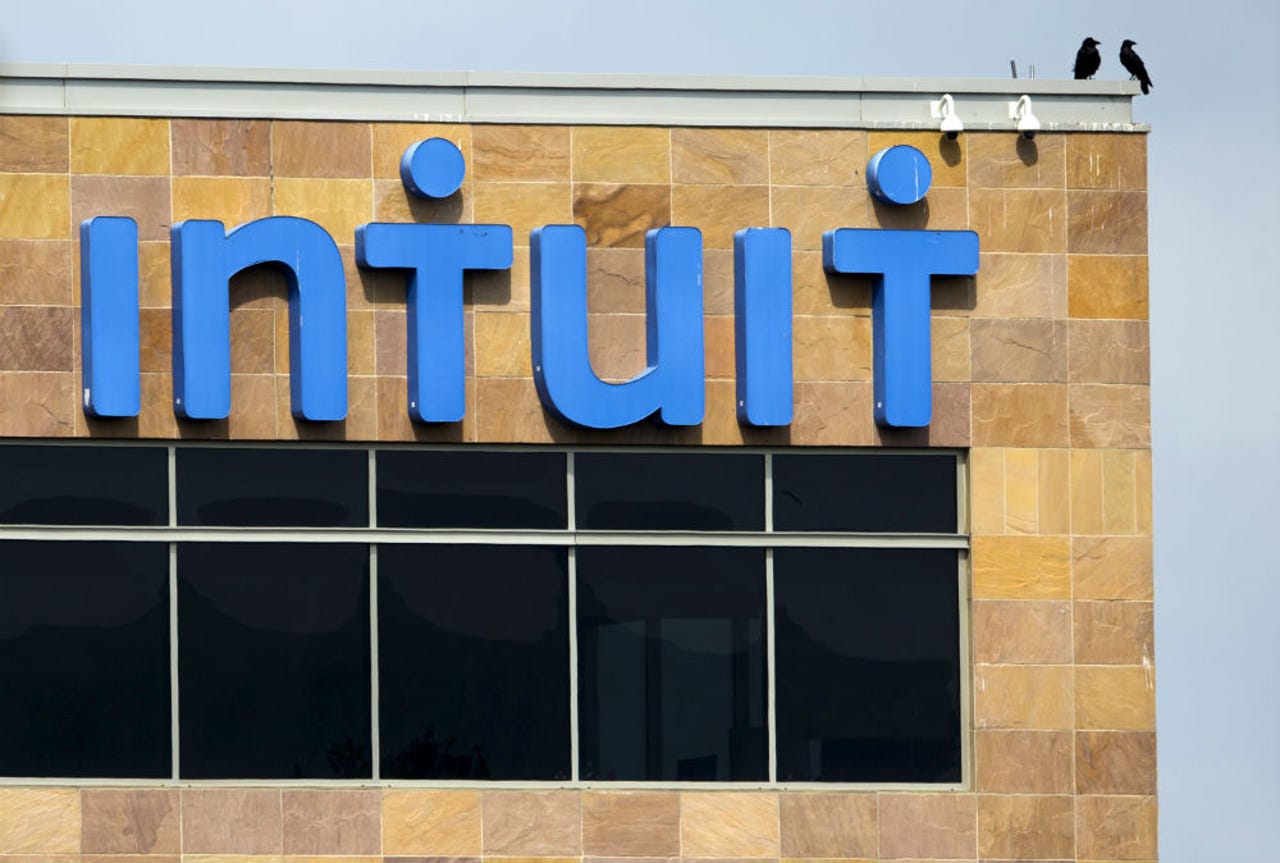Intuit pushes open platforms, partnerships to fuel small business customer growth


At a time when competition among software vendors is fierce, Intuit and its QuickBooks platform remain one of the most identifiable brands in the financial and tax prep software space. But like other legacy tech firms, Intuit has been forced to evolve its platforms and products with the rise of cloud computing, mobility and customer demands for interconnectivity.
Featured
At its QuickBooks Connect conference this week, Mountain View, Calif.-based Intuit outlined a bevy of new platform integrations and strategic partnerships that it hopes will set the stage for the next phase of growth within the QuickBooks Online ecosystem.
On the payments and accounting side, QuickBook now has new integrations with Apple Pay, PayPal and Google.
The Apple Pay integration will allow QuickBooks users to accept invoice payments from their own business customers via Apple's newly launched Apple Pay on the web. Business-to-business payments made via Apple Pay are automatically entered and categorized in the QuickBooks platform for accounting and data management purposes.
The PayPal integration is similar in that it will allow small businesses to send an invoice from QuickBooks Online and accept payment from their customers through PayPal. This is an expansion of an integration first launched in Australia in November 2015.
"For years, many Intuit customers have been PayPal customers," said Steve Fusco, GM of North American distribution for PayPal. "But when they accept PayPal payments they had to do it through a plugin or they had to manually reconcile." Going forward, Fusco noted that PayPal transactions in QuickBooks Online will be seamlessly integrated and reconciled in real time.
The Google integration is focused on linking QuickBooks and G Suite, Google's recently rebranded Google Apps for Work. QuickBooks is now letting businesses sign up for QuickBooks Online through the G Suite Marketplace.
That said, users of both QuickBooks and G Suite will now be able to utilize single sign-on (SSO) to access QuickBooks directly from a Google account. There's also a Google Calendar integration that lets businesses import data, such as time-tracking and billing, into QuickBooks Online.
There's also new partnership with automated bill payments company Bill.com. The integration gives small businesses a central home within QuickBooks for managing bill pay online, including bill payment and tracking, transaction reconciliation and ACH authorizations. Similarly, a payroll integration with employee time-tracking and scheduling app TSheets will let users track, approve and pay employees within QuickBooks Online.
Intuit is also bolstering the QuickBooks Financing platform, which offers streamlined loan offers to QuickBooks business users. To that end, Intuit says its built a "deep integration" between QuickBooks and AMEX Working Capital, which will allow businesses to apply for short-term loans directly within QuickBooks Online. In addition, Intuit is adding BlueVine's Flex Credit to the QuickBooks financing platform.
Small business financing has become a popular service addition among small business technology providers, as both Square and PayPal offer something similar. There's more similarity than contrast when it comes to these types of loans offered straight from tech providers, and they all rely on having unique access to a small business's financial data.
"We have an open platform for QuickBooks and that means you get the full range of business loans to choose from and can look at all the different options out there," said Karen Peacock, SVP of Small Business for Intuit. "And because we have that data we have much higher approval rates and the integrations are seamless."
On the developer side, Intuit outlined a strategy rooted in product innovation within QuickBooks Online and the contributions of developers and strategic partners. Part of this includes keeping up with the latest developer tools preferred platforms, such as Webhooks, which Intuit said has allowed customers to have business data synced from QuickBooks Online in near real-time.
Taking a step back, the big theme from Intuit this year is open platforms and partnerships. A lot of small business owners use technology in bits and pieces, so allowing all of those parts to work together in one place is a big selling point.
"Our strategy is paying off when you look at the fundamental improvements to the offerings, the addition of QuickBooks Self-Employed in the UK and Australia, and year two of a QuickBooks Self-Employed and TurboTax Online bundle," said Sasan Goodarzi, EVP of Intuit's Small Business Group. "These will fuel our small business customer growth especially through the second half of the year."